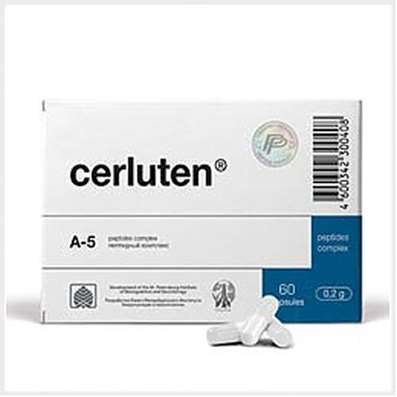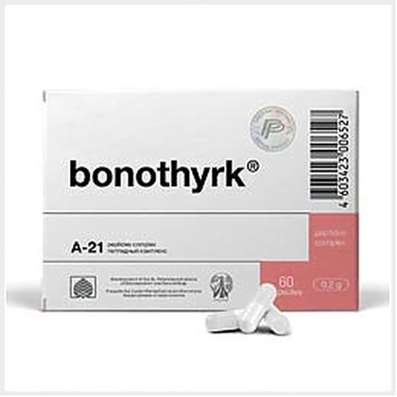Violations of falling asleep and maintaining sleep [insomnia]
29 Dec 2016
G47 Sleep disorders: Insomnia; Insomnia, especially difficulty falling asleep; desynchronosis; Prolonged sleep disturbance; Difficulty falling asleep; Short-term and transient insomnia; Short-term and chronic sleep disorders; Short or shallow sleep; Violation of sleep; Disturbed sleep, especially in the phase of falling asleep; Infringements sleep; sleep disturbances; Neurotic sleep disturbance; Shallow superficial sleep; shallow sleep; Poor quality of sleep; Night awakening; sleep Pathology; Postsomnic violation; transient insomnia; Trouble falling asleep; Early awakening; Early morning awakening; Early awakening; sleep disorder; somnipathy; persistent insomnia; difficult to fall asleep; difficulty falling asleep; Difficulty falling asleep in children; persistent insomnia; Worsening sleep; Chronic insomnia; Frequent night and / or early morning awakening; Frequent nocturnal awakening and a sense of the depth of the non-sleep; Night waking.
Insomnia - problems that arise regularly when going to sleep or inability to sleep the necessary time or frequent awakening during sleep, which leads to the development of fatigue. More frequent in women and elderly people of both sexes. Risk factors - stress, drinking excessive amounts of coffee and alcohol. Genetics does not matter.
The cause of insomnia may be the actual process of going to sleep, or waking up early, and the inability to fall asleep again. Often carried out tests show that a person is sleeping more than it seems, but often wakes up. Insomnia causes people to suffer, can lead to the development of their fatigue, loss of the ability to keep the situation under control, increasing the risk of accidents.
Sleep disorders often occur when a person experiences something or anything to worry about. Excessive caffeine or alcohol consumption during the day can also lead to insomnia. Insomnia can cause some diseases whose symptoms appear at night, for example, asthma, hyperthyroidism (a disease associated with hormonal imbalance) and other sleep disorders such as sleep apnea.
With the development of insomnia should consult a doctor. Particular attention should be paid to the presence of the patient any physical or neurotic disorder that can cause insomnia.
Important recommendations for the development of insomnia is a lifestyle change, for example, an increase in physical activity or refusal of reception drinks containing caffeine. In rare cases, the reception of sleeping pills for a few days can be recommended to restore the usual routine of sleep, but long-term use of these medications should be avoided because of the risk of drug dependence.

 Cart
Cart





